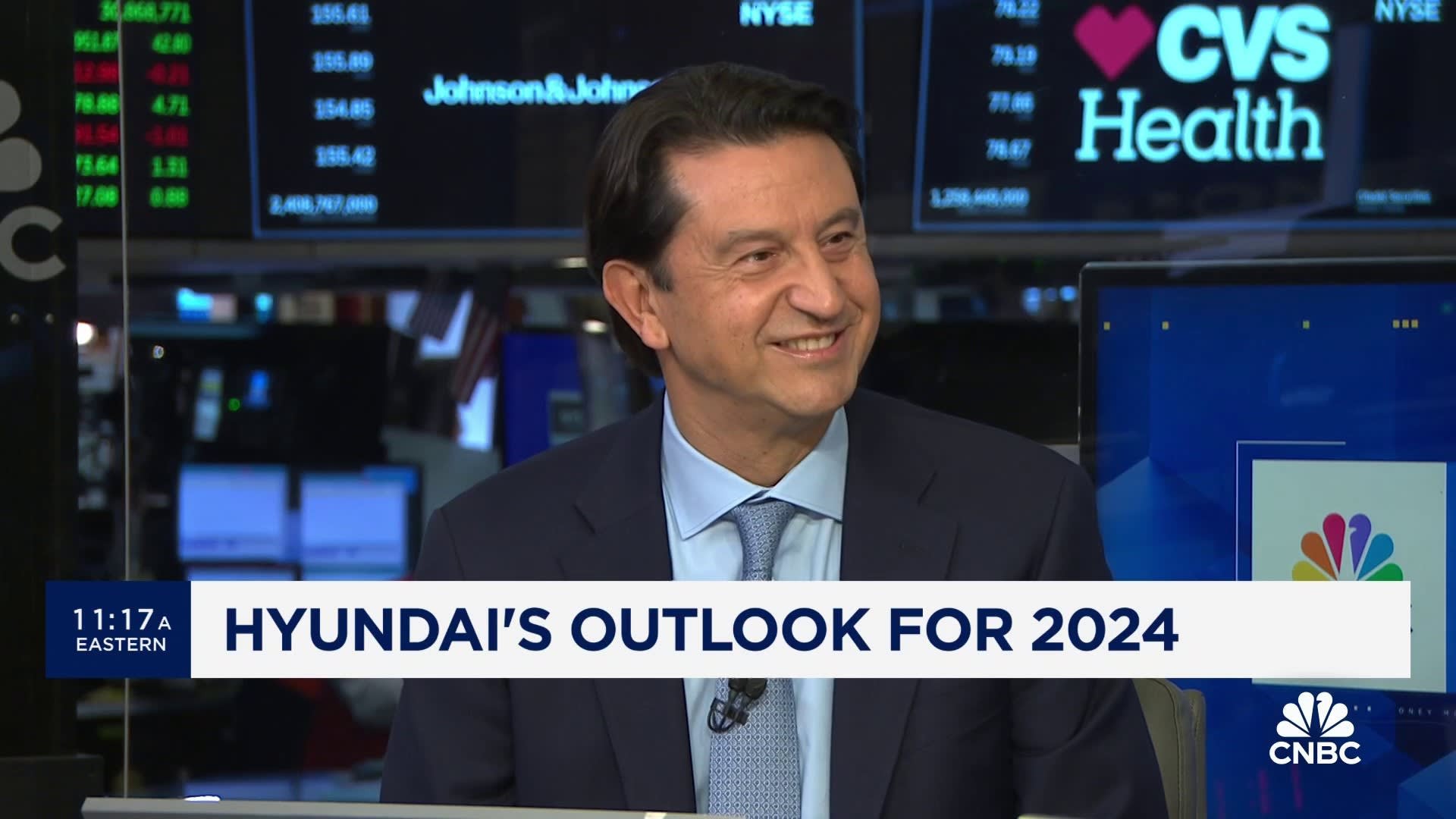When Genesis Motors burst onto the automotive scene as a standalone luxury brand in 2015, it raised eyebrows across the industry. Many, including seasoned auto professionals, questioned if this bold move by a South Korean automaker, primarily known for its value-oriented vehicles, could truly succeed in the fiercely competitive luxury market. The question on many minds was, and still is for some: who exactly is behind this ambitious brand? The answer lies with one of the world’s largest automotive giants: Hyundai Motor Company. Genesis is, in fact, the luxury vehicle division of the Hyundai Motor Group.
Genesis: Born from Hyundai’s Ambition
Genesis wasn’t always a separate entity. It began its journey as a model within Hyundai’s vehicle lineup. Recognizing the growing global demand for luxury vehicles and aiming to elevate its brand image, Hyundai made a strategic decision to spin off Genesis into its own distinct luxury marque. This pivotal announcement in late 2015 marked the birth of Genesis as we know it today, a brand conceived and nurtured under the expansive umbrella of the Hyundai Motor Group.
This separation was not merely a cosmetic rebranding exercise. Hyundai invested heavily in creating a unique identity for Genesis, focusing on distinctive design, cutting-edge technology, and a customer-centric luxury experience. The goal was clear: to challenge established luxury brands from Europe, Japan, and North America, and to demonstrate South Korea’s capability to produce world-class luxury vehicles.
Patricia Wayne, the first customer of the all-electric Genesis GV60, with Claudia Marquez, COO of Genesis Motor North America.
Overcoming Skepticism and Achieving Growth
Initially, the industry harbored doubts. Executives like Randy Parker and Claudia Marquez, both then working for Nissan’s Infiniti, were among those who viewed Genesis’ prospects with caution. Marquez, now the Chief Operating Officer for Genesis North America, admitted to CNBC at the New York International Auto Show, “We both were looking at it like, ‘Oh, my God, how are these guys going to be able to make it?'” The challenge of launching a new luxury brand in an already crowded and competitive market was undeniable.
However, Genesis has not only “made it,” but has flourished. It has carved out a significant space in the U.S. luxury market, earning accolades for its striking designs, plush interiors, exceptional quality rankings, and a compelling blend of gasoline-powered and electric vehicle offerings. The brand’s sales figures speak volumes. Since becoming a standalone brand, U.S. sales have surged from under 7,000 units in 2016 to over 69,000 in the past year, surpassing Infiniti in annual U.S. sales since 2022 – a remarkable feat for a brand that was once considered an underdog.
Genesis’ growth trajectory is not showing signs of slowing down. Executives anticipate continuing double-digit annual growth over the next five years, aiming to outpace the overall luxury market expansion. This ambition, however, is tempered with a strategic focus on maintaining vehicle residual values and pricing integrity, indicating a long-term vision rather than a pursuit of rapid, unsustainable volume growth.
Strategic Positioning and Future Aspirations
José Muñoz, Hyundai President and Global Chief Operating Officer, also serving as CEO of Hyundai Motor and Genesis Motor North America, emphasizes that while expectations for Genesis remain high, its volume ambitions are deliberately measured. Genesis aims to compete more closely with brands like Porsche in terms of volume, rather than mass-luxury giants like Lexus or Mercedes-Benz, which sell in much higher quantities.
Hyundai CEO Jaehoon Chang and José Muñoz, President and Global COO of Hyundai, at the 2024 New York International Auto Show.
Genesis’ closest competitors based on 2023 sales figures include Land Rover, Porsche, Lincoln, and Volvo. While Genesis sales are steadily climbing, brand awareness remains a key challenge. Stephanie Brinley, principal automotive analyst at S&P Global Mobility, points out, “It’s an upstart that’s gained credibility; now it has to gain a wider audience… The problem is, just not quite enough people know about it yet.”
To further boost brand recognition and sales, Genesis is introducing “Magma” performance models across its lineup. This move signals an intent to inject even more excitement and dynamism into the brand. Additionally, expansion of the vehicle portfolio is on the horizon, with a highly anticipated three-row SUV potentially joining the current lineup of sedans (G70, G80, G90) and SUVs (GV60, GV70, GV80). A large, all-electric SUV concept has already been previewed, hinting at Genesis’ commitment to electrification and larger vehicle segments.
The Genesis GV60 Magma Concept, showcasing the brand’s performance direction.
Hyundai’s Investment and Global Focus
Hyundai’s commitment to Genesis is further underscored by the significant $7.6 billion factory under construction in Georgia, USA, slated to begin production later this year. This plant will be a crucial manufacturing hub for Hyundai, Kia, and Genesis vehicles, signifying the strategic importance of Genesis within the Hyundai Motor Group. While currently assembling the GV70 (both gas and electric versions) in Alabama, the new Georgia plant will enhance local production capabilities for Genesis, catering specifically to the demands of the crucial U.S. market.
José Muñoz affirmed the U.S. market’s paramount importance for Genesis, stating, “This is the most important market for a Genesis without a doubt.” The brand’s focus on the U.S. market, combined with Hyundai’s backing and strategic investments, positions Genesis for continued growth and solidifies its place as a rising force in the global luxury automotive landscape. So, while Genesis operates as a distinct brand, it’s essential to remember that the driving force, the owner, and the ultimate parent company behind its success is the Hyundai Motor Group, a global automotive powerhouse with a clear vision for its luxury division.
